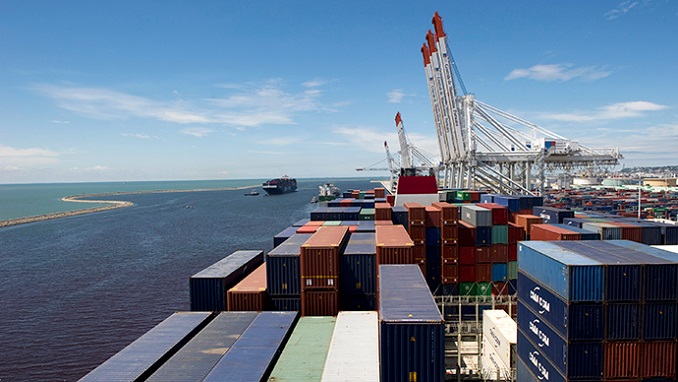Fresh out of the final decision to leave the European Union, the British government is looking to lift anti-dumping measures on Russian goods, imposed by the EU back in 2015, RIA Novosti reported.
The UK Department for International Trade said in a statement published Thursday that it is going to review all anti-dumping, anti-subsidy, and safeguard measures currently in place, including the import duties on products originating from Russia.
The restrictions could be removed in 2021 when the 11-month Brexit transition period ends, the statement said.
“Transition reviews will assess whether the current measure is appropriate for the UK market and whether it should be varied, changed or terminated,” it said.
Russian aluminum foil, ferrosilicon, seamless pipes and tubes as well as fittings made of iron or steel, urea, and ammonium nitrate, could be removed from the list from next year.
However, duties on other goods, such as Russian ammonium nitrate, cold-rolled flat steel products, grain orientated flat-rolled products made from electrical steel, iron hot-rolled flat products, and non-alloy or other alloy steel, are likely to be kept in place. The measures are also set to be maintained for welded tubes and pipes made of iron or non-alloy steel.
The move is unlikely to change much in the trade flows between Moscow and London, as the supplies of the products are relatively small, Maxim Khudalov, the risk assessment group leader at Analytical Credit Rating Agency (ACRA), told business news outlet RBC.
However, the decision has created an important “precedent” showing that European states are tired of being dictated to by Brussels, especially when it hurts their interests, the analyst stressed.
Earlier on Thursday, Russia’s Trade Representative in the UK Boris Abramov announced the turnover between the two counties rose 25 percent in 2019 and exceeded $17 billion.
Russian exports largely contributed to the increase, including rising sales of chemical products, fertilizers, steel, metals, and precious stones, according to Abramov. The volume of trade between Russia and the UK has been growing for three consecutive years and the trend is likely to continue this year, the trade envoy said.












